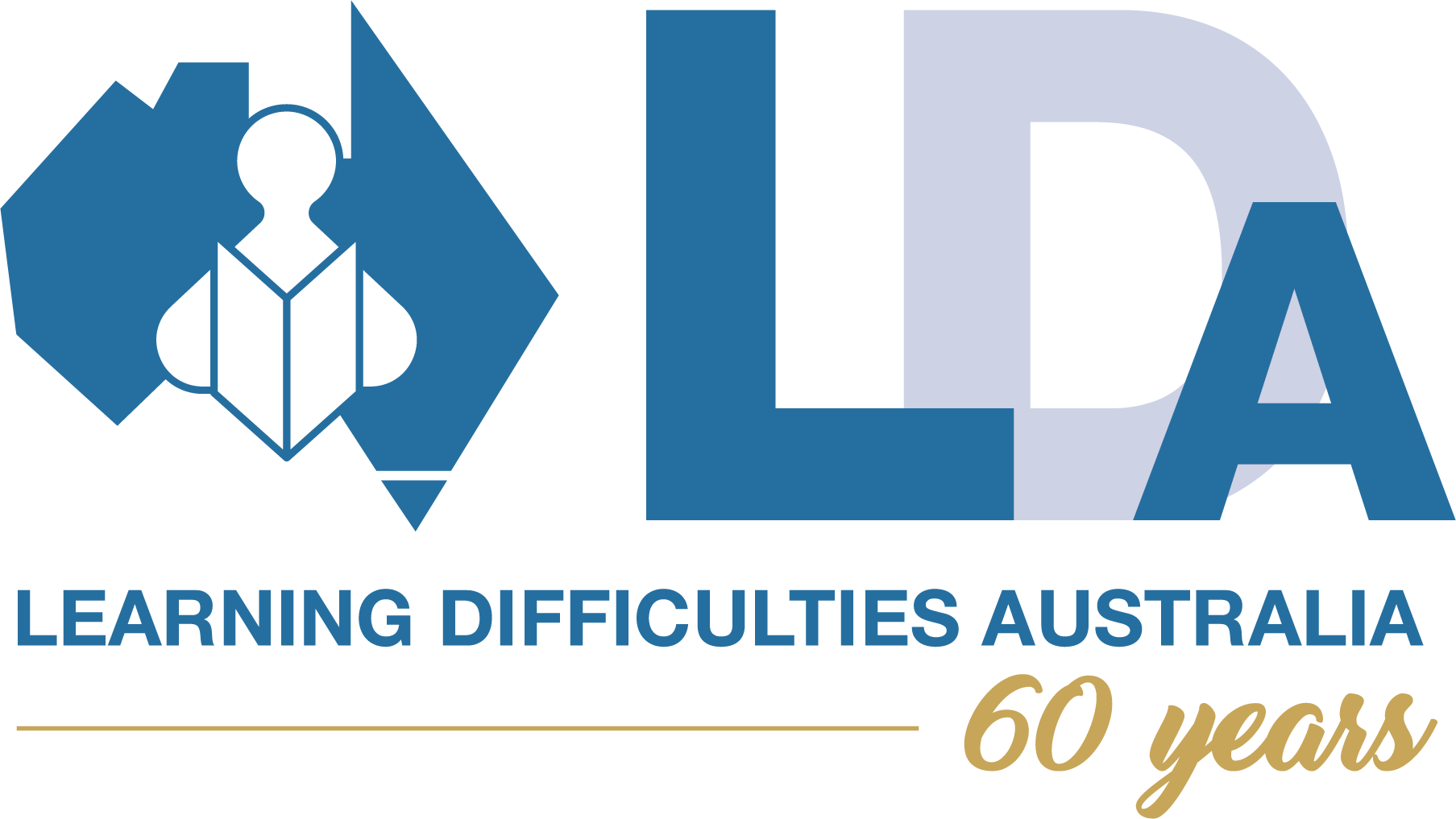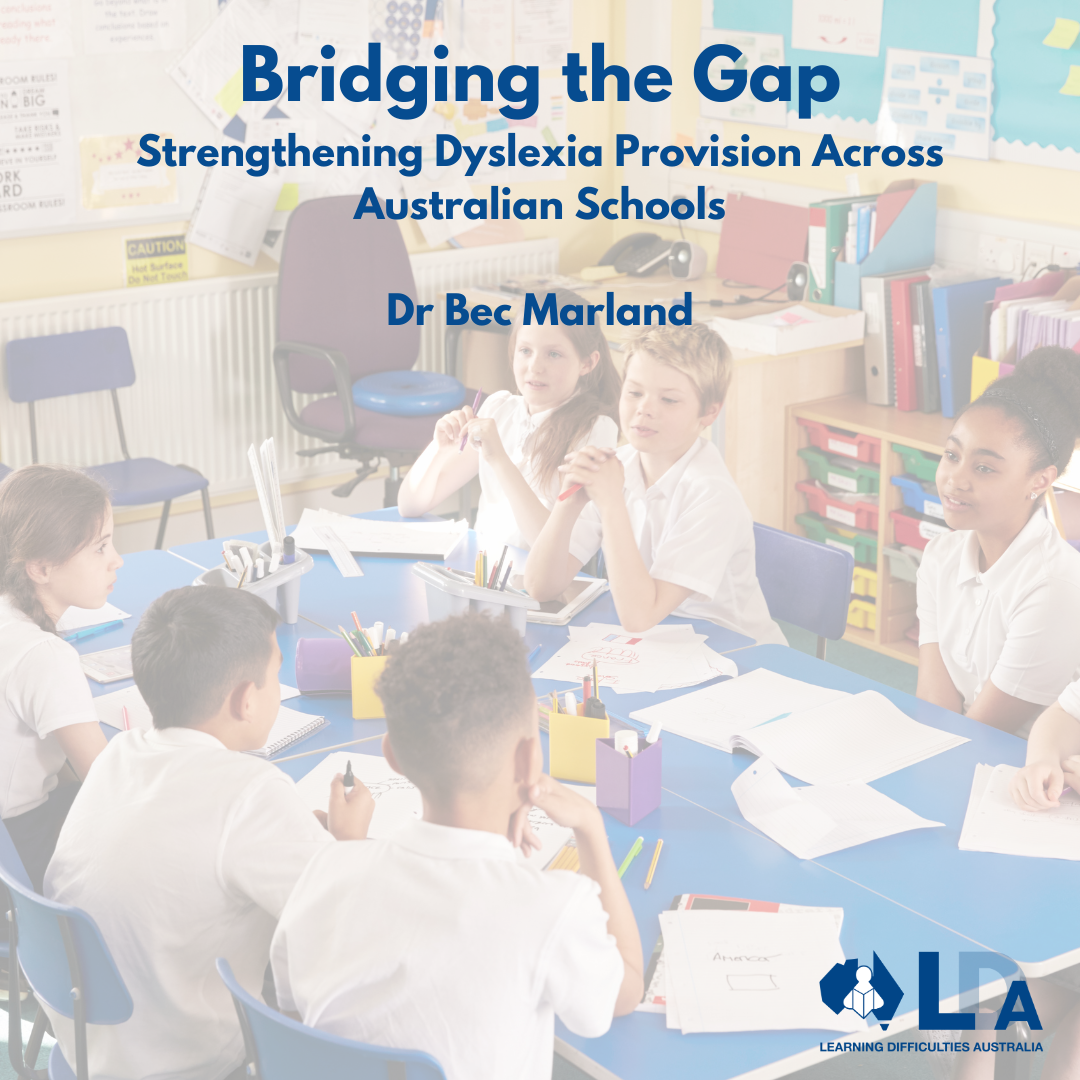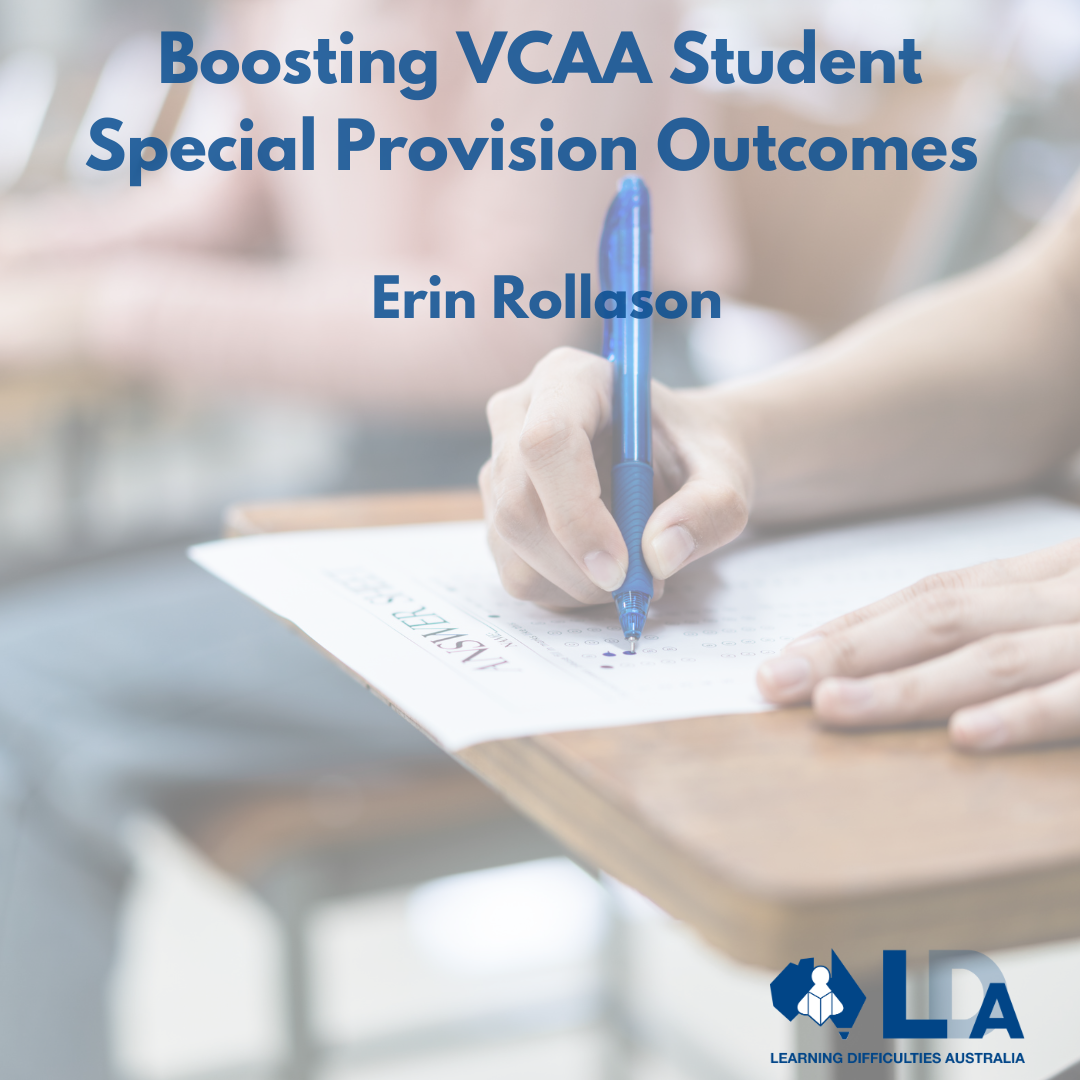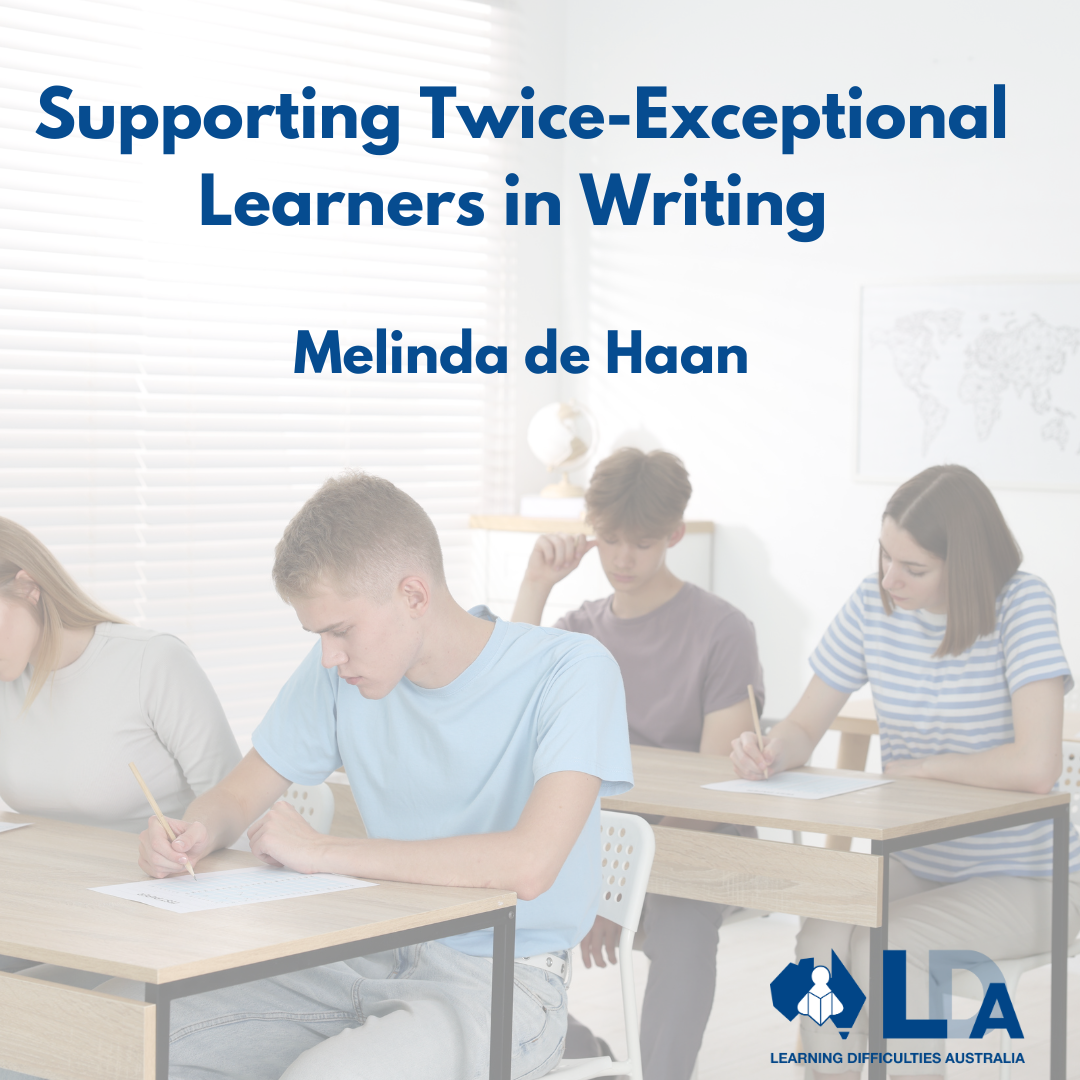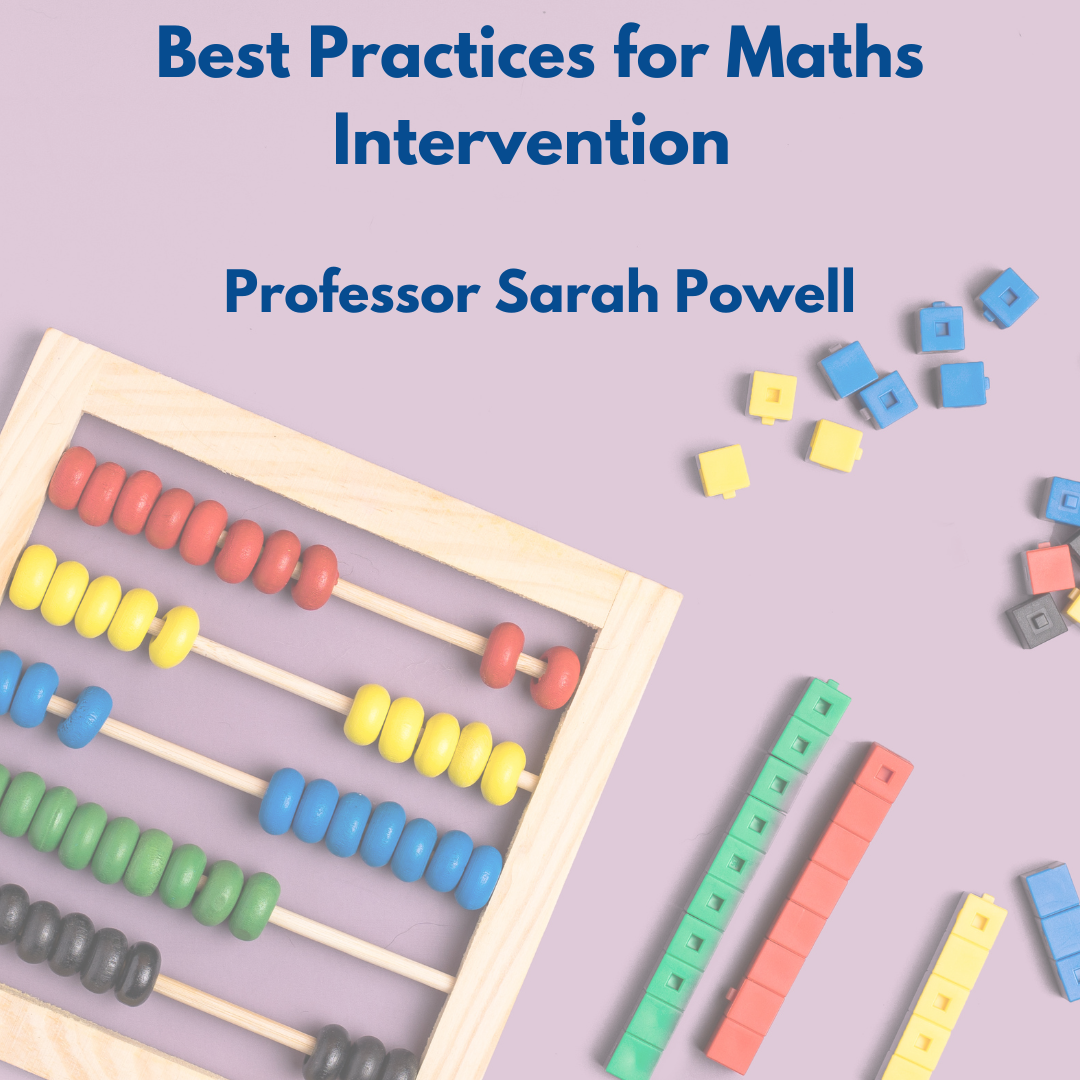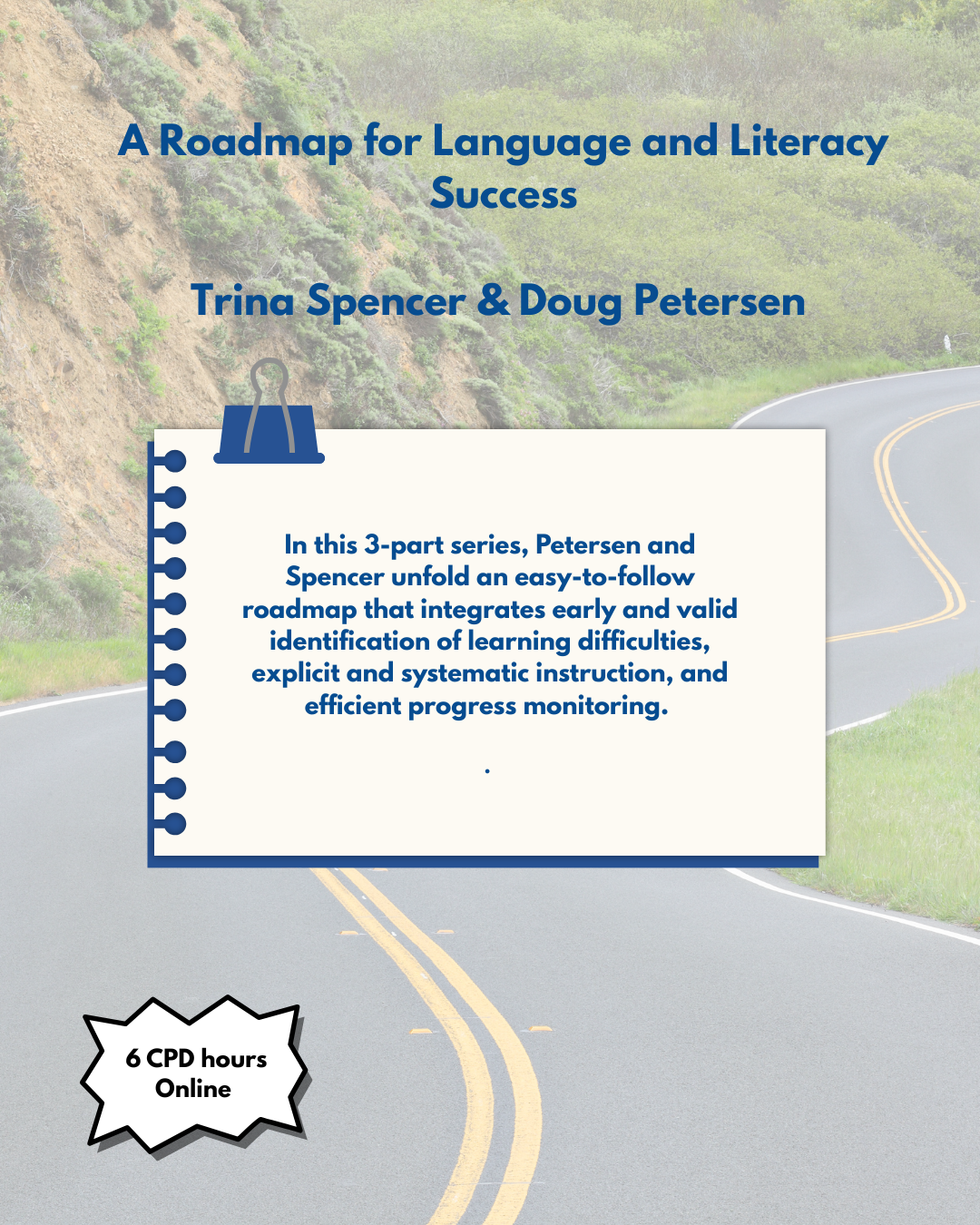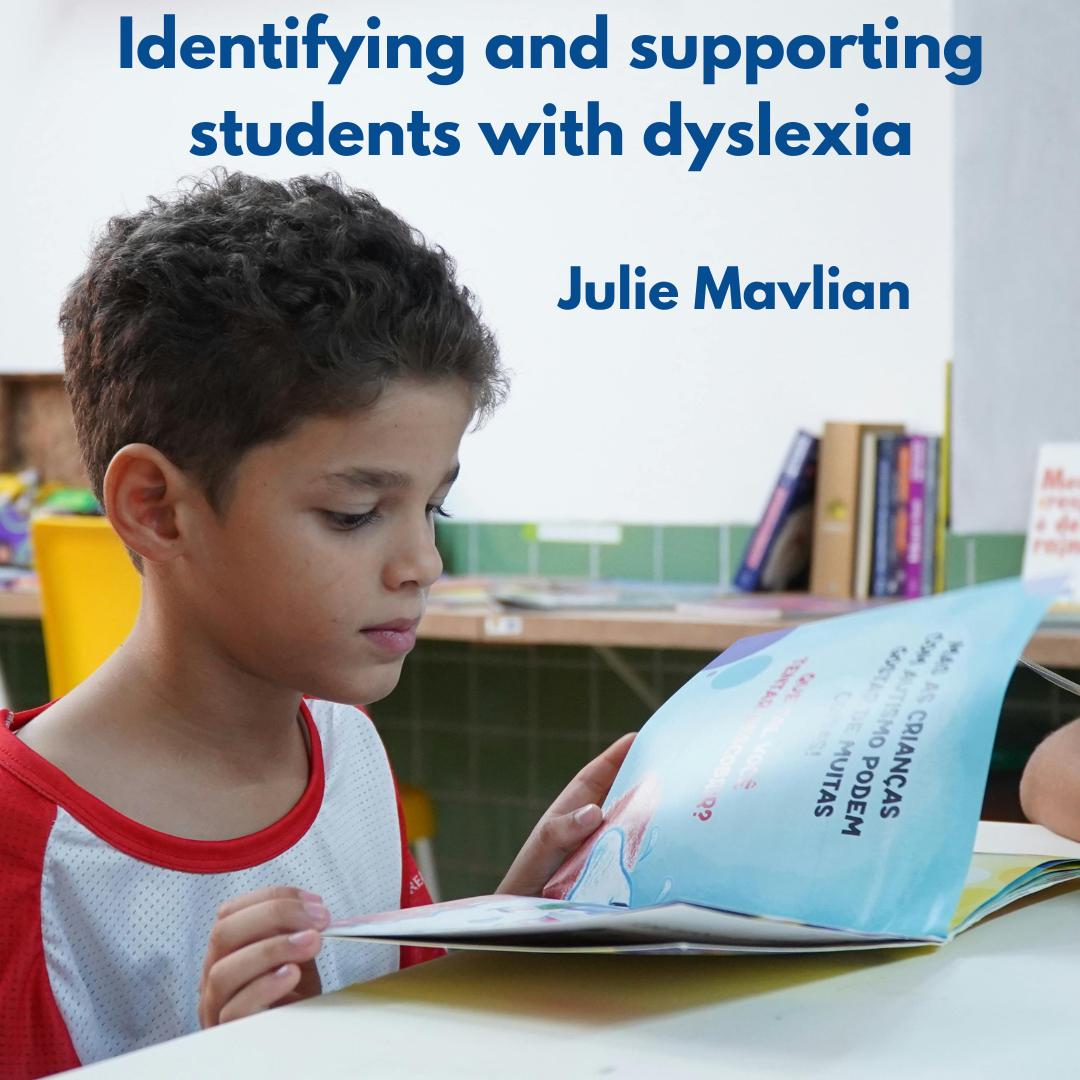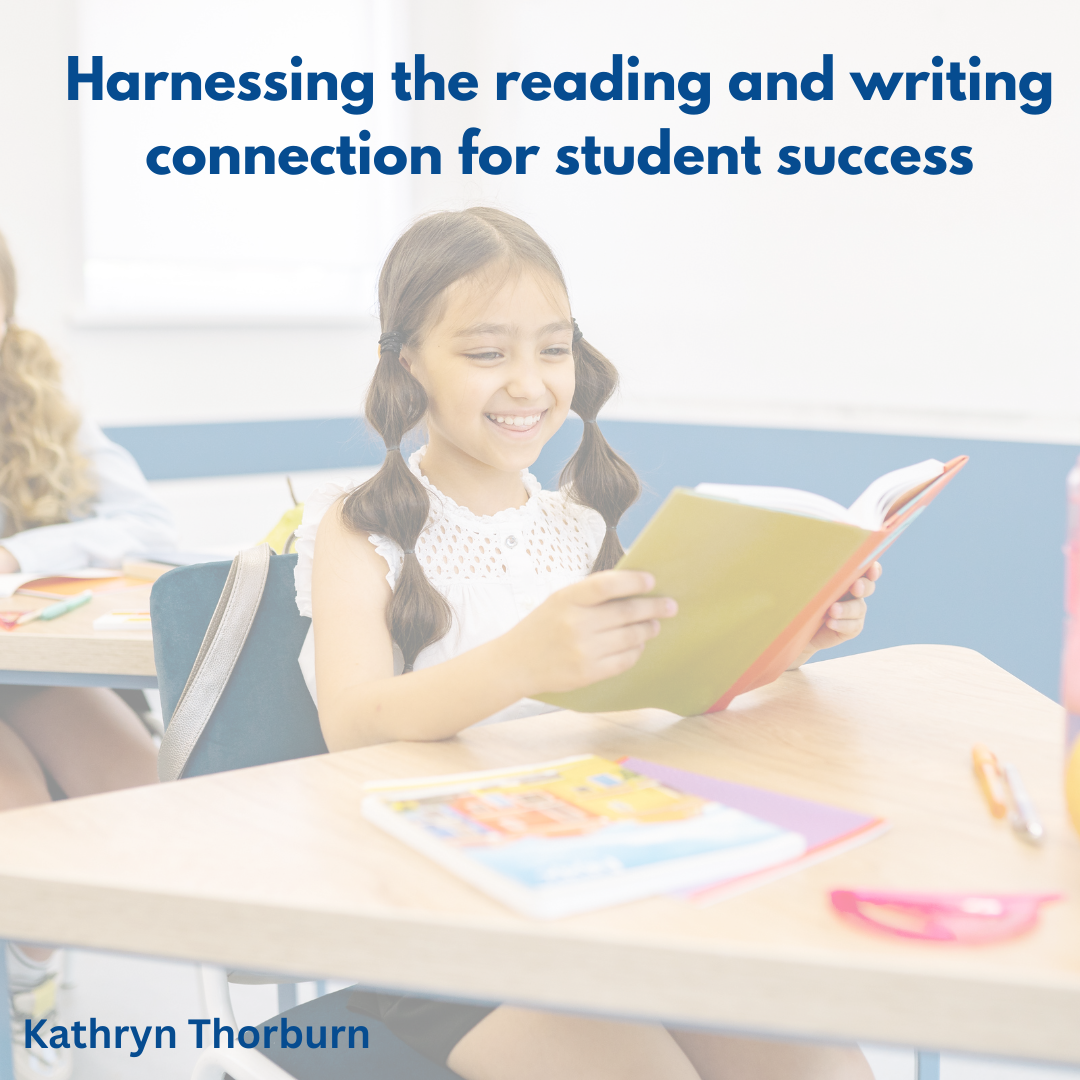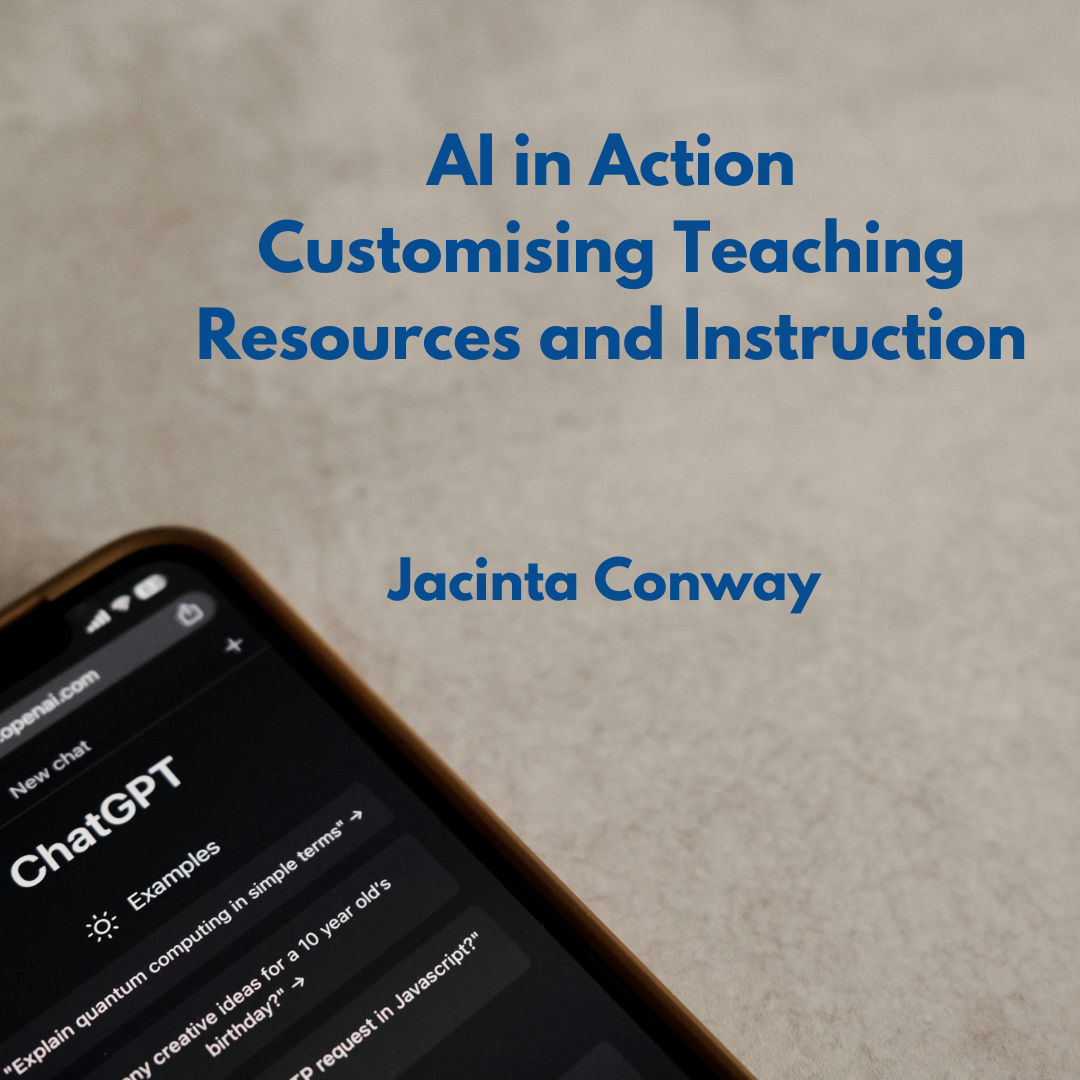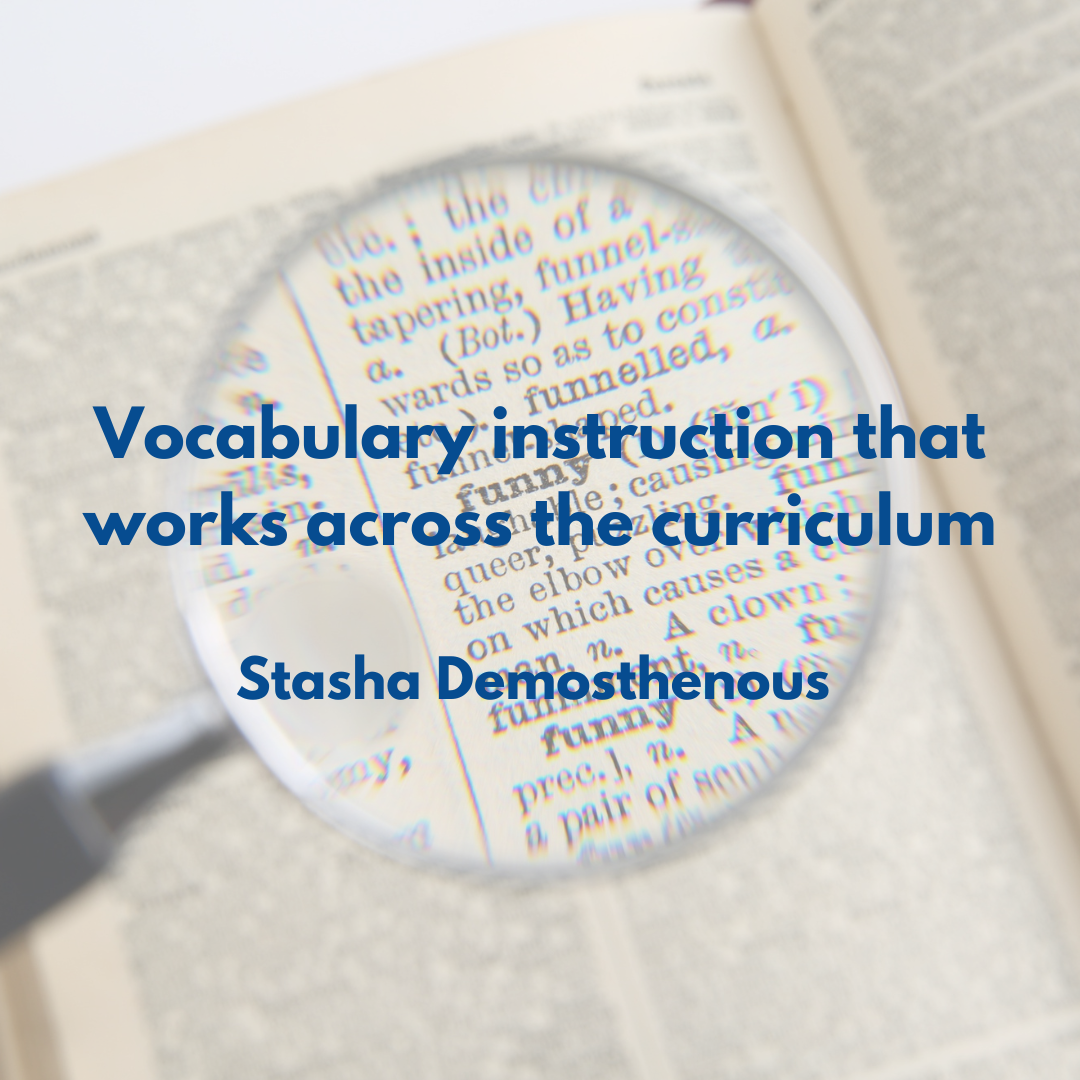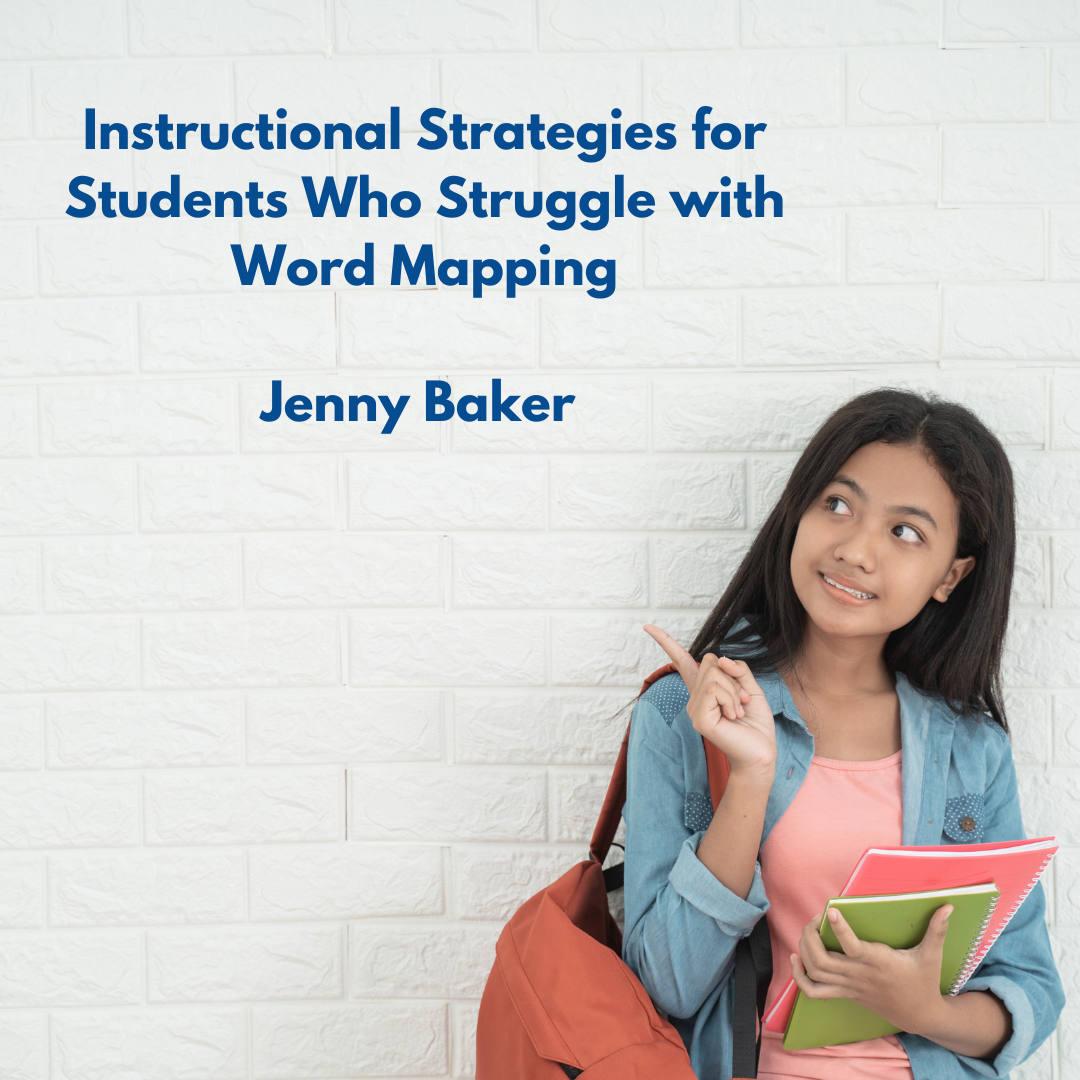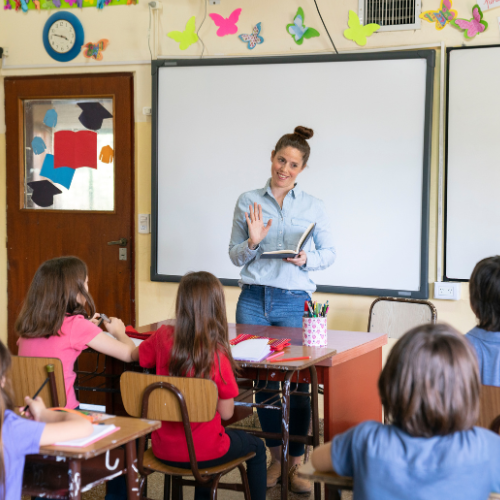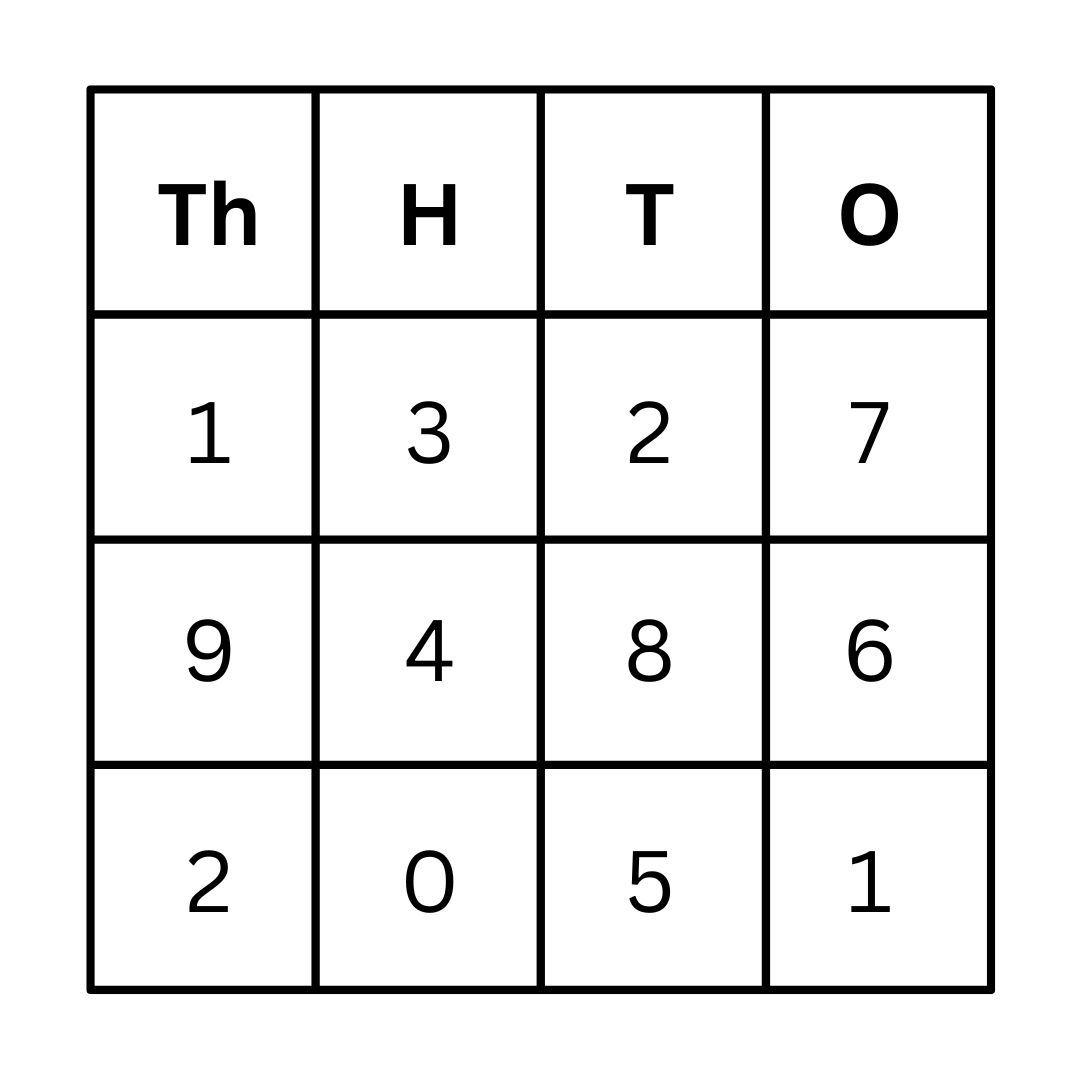Writing is an essential tool for communication and an important instrument for learning across all content areas within schools....
Writing is an essential tool for communication and an important instrument for learning across all content areas within schools.
Without the ability to formulate well-crafted sentences using effective transcription skills, correct syntactical and punctuation structures, accurate and fluent spelling,...
Writing is an essential tool for communication and an important instrument for learning across all content areas within schools.
Without the ability to formulate well-crafted sentences using effective transcription skills, correct syntactical and punctuation structures, accurate and fluent spelling, and a diverse vocabulary choice to draw on, students are likely to find the more complex task of writing paragraph structures problematic. The sentence, although a foundation structure in all written languages, can provide profound compositional challenges for beginning and struggling writers alike.
There are several sentence-level writing skills that can be explicitly taught to support and improve students’ development of sentence-level writing.
This session will focus on one such skill: that of ‘sentence combining’ to move students' writing skills from simple, to compound, to complex sentences. Students benefit from being provided direct, explicit, and systematic instruction in the purposeful practice of manipulating syntax within sentences to improve their syntactical control within their writing. The research literature on sentence combining during the last 40 years has frequently yielded positive results (Cooper, 1973; Crowhurst & Piche, 1979; Hillocks, 1986; Hunt, 1965; Lee & Lee, 2017; Limpo & Alves, 2013; O’Hare, 1973; Saddler & Asaro, 2008; Saddler, Behforooz, & Asaro, 2008; Saddler & Graham, 2005; Saddler, Robinson & Saddler, 2018; Walter, Dockrell & Connelly, 2021; Graham et al, 2023; AERO, 2022; Coyne-Green & Ormandy, 2025). Syntactical maturity affords the writer the ability to compose a variety of complex and compound sentences with proficiency.
Presented by Kristin Anthian Dip.T(EC), B.Ed(P), PGDip.Ed.St(ECI), M.Ed(SE.I&EI).
Read More
Read More
